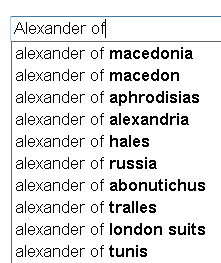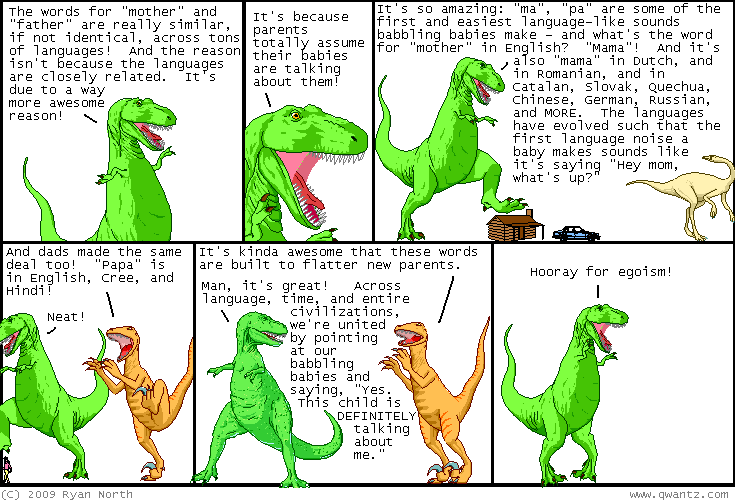Wombling
The second talk in a workshop on "Natural Algorithms", to be held at Princeton on Nov. 2-3, is Jorge Cortés, "Distributed wombling by robotic sensor networks". But you don't need to be able to attend the workshop in order to learn about this fascinating topic, since the author has recently published a version of the same material. The abstract:
This paper proposes a distributed coordination algorithm for robotic sensor networks to detect boundaries that separate areas of abrupt change of spatial phenomena. We consider an aggregate objective function, termed wombliness, that measures the change of the spatial field along the closed polygonal curve defined by the location of the sensors in the environment. We encode the network task as the optimization of the wombliness and characterize the smoothness properties of the objective function. In general, the complexity of the spatial phenomena makes the gradient flow cause self-intersections in the polygonal curve described by the network. Therefore, we design a distributed coordination algorithm that allows for network splitting and merging while guaranteeing the monotonic evolution of wombliness.
Read the rest of this entry »



